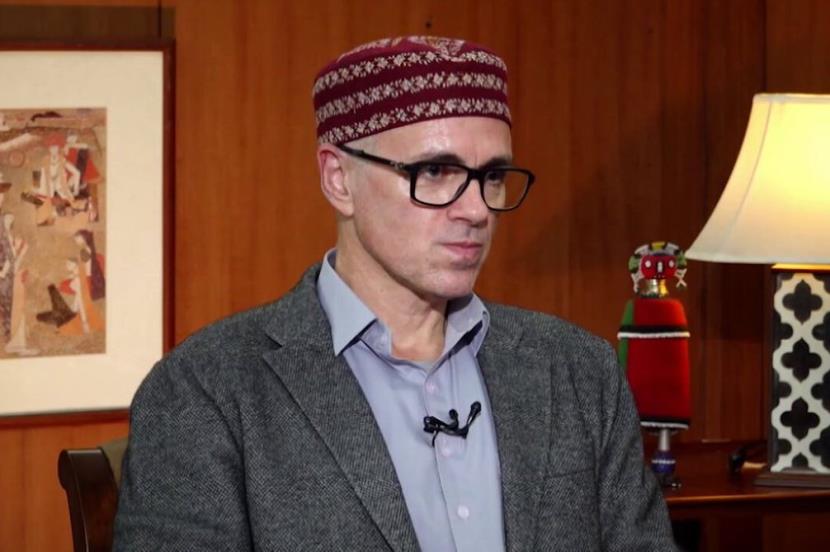Jammu and Kashmir Chief Minister Omar Abdullah has dismissed the Congress party’s objections to Electronic Voting Machines (EVMs), calling for consistency in their stance. Abdullah said that political parties cannot accept EVMs as reliable only when they win elections and reject them when they lose.
“I have no problem with you making an issue out of EVM so long as you do also when you win. The EVMs can’t only be a problem when you lose the election because they are the same EVMs. When you get a hundred-plus members of Parliament using the same EVMs, and you celebrate that as sort of a victory for your party, you can’t then a few months later turn around and say – we don’t like these EVMs because now the election results aren’t going the way we would like them to. If you don’t trust the machines, you should not be fighting,” Abdullah said in an interview with news agency PTI.
The Congress recently called for a return to paper ballots after its losses in the Haryana and Maharashtra Assembly elections, alleging that EVMs were unreliable. Abdullah rejected these claims, pointing out that EVMs remain consistent regardless of election outcomes.
“One day voters choose you, the next day they don’t,” he said, citing his own experience of electoral defeat. “I lost the Lok Sabha elections, but when we won a majority in the September Assembly polls in Jammu and Kashmir, I never blamed the machines.”
Abdullah’s comments have further strained relations between his party, the National Conference (NC), and the Congress, which were allies in the September Assembly elections in Jammu and Kashmir. Despite the alliance, the NC won 42 seats, while the Congress secured just 6 in the 90-member Assembly.
When questioned about his views aligning with those of the BJP, Abdullah responded firmly, saying, “God forbid!” He elaborated, “No, it’s just that what’s right is right. Contrary to what everybody else believes, I think that what’s happening with this Central Vista project in Delhi is a damn good thing. I believe constructing a new Parliament building was an excellent idea. We needed a new Parliament building. The old one had outlived its utility.”







